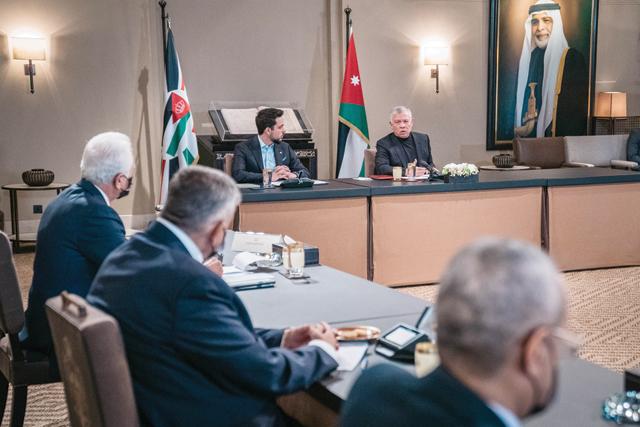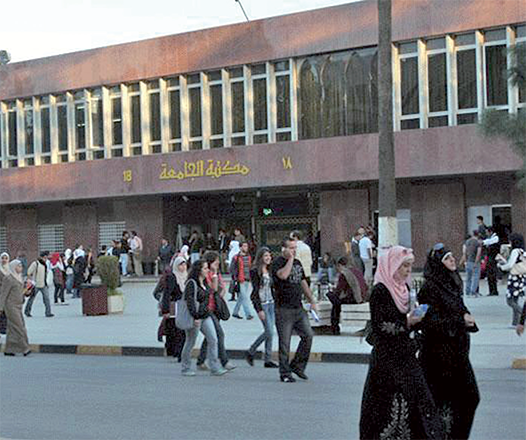You are here
Higher Education Ministry unveils strategic priorities for 2023-2025, focusing on economic, political modernisation
By JT - Dec 22,2023 - Last updated at Dec 22,2023
AMMAN — The spokesperson for the Ministry of Higher Education and Scientific Research, Muhannad Al Khatib on Thursday presented the ministry’s participation in 2023 within the vision of economic and political modernisation.
This vision involves aligning higher education and scientific research with the foundations of leadership, creativity, and sustainable environment in the executive programme for the Economic Modernisation Vision for the years 2023-2025. The priorities for implementation in 2024 were also approved.
Khatib said that the ministry’s approved priorities for 2024 include: Approving a system for licensing university/college faculties, evaluating and amending legislation related to higher education, developing technical education in public universities, evaluating and developing the current student support fund system, increasing financial support from the private sector and civil society institutions and developing and implementing a plan to attract international students.
Other priorities include preparing a comprehensive plan to encourage universities to invest and diversify their sources of financial resources, developing and applying public policies for student admissions in Jordan’s public universities.
This ensures fairness and equal opportunities, simplifying procedures for intellectual property rights registration in higher education and scientific research, a talent support programme in research and development, and supporting innovation centres in higher education institutions and other entities.
Additionally, other priorities involved guaranteeing technical and financial support for domestic research from the Scientific Research and Innovation Support Fund, reviewing current intellectual property legislation in the higher education and scientific research sector to align with the national innovation strategy and international best practices, establishing a national research platform on climate change, waste, transportation, energy, and biodiversity, and developing programmes to promote and incentivise intellectual property in higher education and scientific research.
He affirmed that during 2023, the ministry worked on aligning the higher education and scientific research sector by identifying priorities, stages of implementation, and a timeframe within the following initiatives: Enhancing the financial, administrative and academic independence of higher education institutions, establishing sustainable institutional partnerships with higher education sector partners to support employment, investment, and improve education outcomes, enabling Jordanian higher education institutions to provide flexible, skills-linked education and developing a governance, transparency and accountability system for those working in higher education institutions.
The ministry also worked on enhancing cooperation between public and private national entities to support needy students, protecting biodiversity and natural habitats, enforcing and protecting intellectual property, and developing the scientific research system contributing to the achievement of sustainable development goals, such as eradicating poverty, eliminating hunger, providing quality education, clean water and sanitation, decent work and economic growth, industry, innovation and infrastructure, responsible consumption and production, climate action, and partnership for the goals.
Regarding political modernisation, Al Khatib noted that the ministry prepared an executive plan focusing on empowering youth and women, approving a system and regulations to organise political activities in Jordanian higher education institutions, directing universities to adjust their systems and regulations to align with this system, and developing new content for national education material titled “Updating and Developing the Political System in Jordan” for teaching in universities. Additionally, various training programmes and workshops on political modernisation and raising political awareness among students were implemented, in line with the Royal Committee’s outputs for updating the political system.
Related Articles
AMMAN — The percentage of international students studying in the Kingdom for the current academic year has increased by 13.5 per cent compar
AMMAN — His Majesty King Abdullah on Tuesday stressed the important role of universities in the successful implementation of the outcomes of
AMMAN — Results of the Undergraduate Unified Admissions will be issued at the beginning of October, according to the Ministry of Higher Educ














